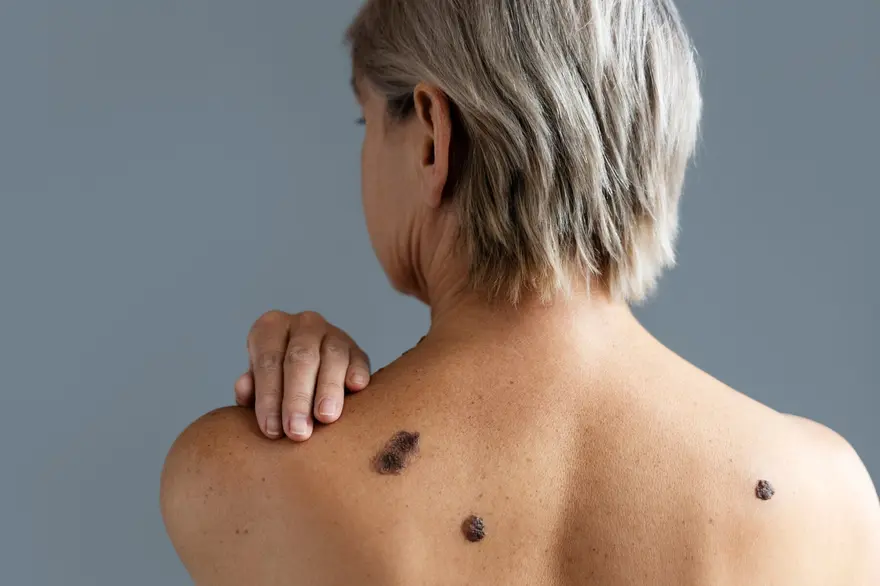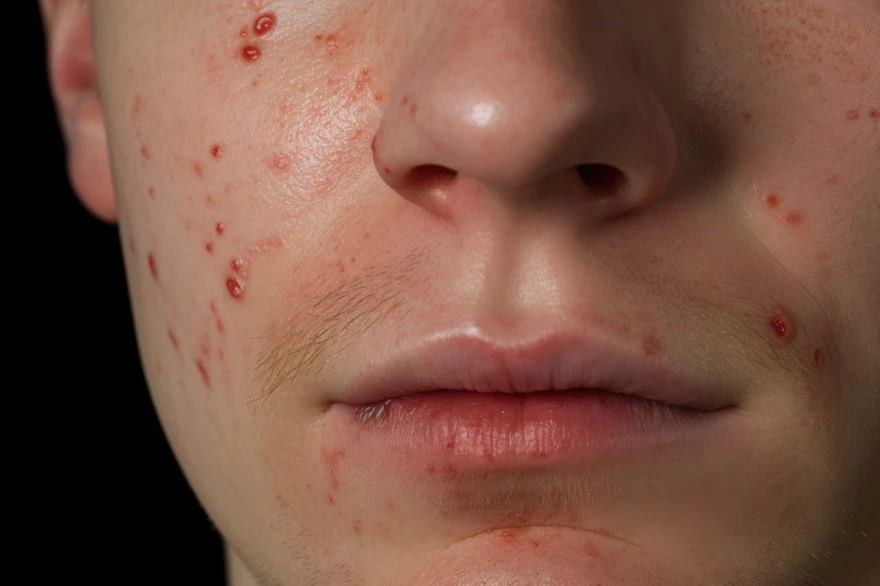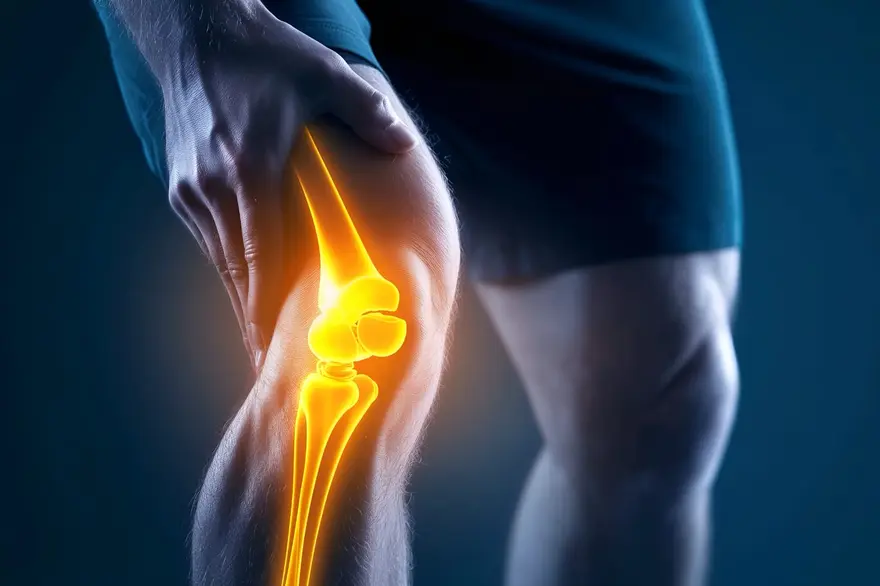Preventive Healthcare
Malaria: Symptoms, Causes, Treatment and Prevention
2533 Views
0

Malaria is caused by which mosquito? Female mosquitoes with the Plasmodium parasite spread the infectious illness called malaria. These female mosquitoes bite humans to spread the parasites into the blood flow, which causes symptoms like fever, exhaustion, vomiting, and headaches. Symptoms typically start to show up 8 to 25 days after infection, and while they may first seem moderate, untreated symptoms can worsen and ultimately result in death.
It is a common disease in tropical countries. Although it is still the most dangerous mosquito-borne disease, its treatment has significantly improved in recent years. Although there is no vaccine to prevent malaria, the use of indoor residual spraying (IRS), insecticide-treated mosquito nets (ITNs), antimalarial drugs, early diagnosis, and treatment have all helped to reduce the number of new cases and fatalities.
Symptoms of Malaria
Typically, 10 to 14 days after a mosquito infects you, signs of malaria fever start to show up.
The following are signs of malaria fever:
- Extreme exhaustion
- Having trouble breathing
- Nausea and diarrhoea
- Increased urge to urinate
- Cough
- Continent pain
- Aching joints
- Dark-coloured or blood-coloured urine
- Seizures
- Jaundice
How does Malaria Spread?
Malaria is caused by the bite of a female anopheles mosquito carrying the illness. Only anopheles mosquitoes may spread Malaria, and they must have previously bitten someone sick to get sick themselves. A small amount of blood carrying microscopic malaria parasites from the infected individual is ingested by the mosquito during the initial bite. When the mosquito bites again about a week later, the parasites combine with its saliva and are passed on to the victim.
Malaria is caused by organ transplantation, blood transfusion, and the use of contaminated needles and syringes. In addition, congenital malaria can happen before or during childbirth.
Is Malaria an Infectious Disease?
Malaria is a contagious disease. The Plasmodium parasite enters the female Anopheles mosquito when it bites a person with malaria. Malaria develops when an infected mosquito bites a healthy person, and the parasite enters the bloodstream.
The Plasmodium parasite multiplies quickly in the liver and infects red blood cells within 48 to 72 hours. It weakens the body's immune system gradually. Malaria, in a severe form, could even impede progress in younger children.
Diagnosing and Treating Malaria
Malaria is diagnosed through blood samples. Under a microscope, the parasites are discernible. Treatment should start immediately after diagnosis. Almost all patients recover completely.
It is treated and prevented with the help of antimalarial drugs. Malaria can occasionally prove challenging. The following are some of the problems:
- Severe anaemia
- Pregnancy-related malaria
- Cerebral malaria
- Renal injury, acidosis, and spleen rupture
- Failing of several organs, etc.
Malaria During Pregnancy
Pregnant women experience severe malarial illness frequently, and the mortality rate from severe malaria is close to 50%. This illness is associated with miscarriage, intrauterine death, premature birth, low birth weight, and neonatal death. As part of efforts to prevent and treat malaria, antepartum care (care for healthy pregnancies) is essential because the second trimester appears to have the highest infection rate.
Preventive Measures Against Malaria
Chemoprophylaxis and insect-bite prevention are now complementary approaches to prevent malaria. Although various malaria vaccines are in development, none are yet on the market.
- Chemoprophylaxis: In European countries, travellers only need to take a medicine called chemoprophylaxis for malaria if they are going to one of three (or four) categories of countries where the disease is endemic. The selection of medications is influenced by the travel destination, the length of potential vector exposure, the resistance pattern of the parasite, the rate and seasonality of transmission, age, and pregnancy. Depending on the extent of endemicity and the seasonality of transmission, chemoprophylaxis may also be advised for indigenous small children and pregnant women in endemic countries.
- Personal Strategies for Preventing Mosquito Bites: Malaria is primarily transmitted at night since most anopheles mosquitoes eat at night. The use of mosquito bed nets, preferably insecticide-treated nets, sleeping or resting in screened or air-conditioned rooms, dressing in clothing that covers the majority of the body, and using insect repellent as directed on the product label are all examples of personal protective measures to lower the risk of mosquito bites.
- Controlling Mosquitoes: The effectiveness of vector control strategies depends on the vector species, the biology of the mosquito, the epidemiological situation, the cost, and the acceptability of the people. The primary measures concentrate on reducing human-mosquito interaction, eliminating larvae through environmental management, and using larvicides or mosquito larvae.
Book Malaria Test
To Sum Up
Malaria is caused by female mosquitoes and can cause severe health issues, and sometimes can be fatal. Talking to your doctor about using drugs to prevent malaria before travelling to or staying briefly in a region where the disease is endemic is advisable. You must take these prescription drugs before, during, and after your visit.
Metropolis Healthcare is a renowned pathology lab and diagnostic centre that offers various blood tests like Malaria test to determine malaria transmission. This healthcare centre is preferred by many patients because of:
- Highly accurate reports
- Patients can also check reports online within 24 hours
- Well-equipped labs and highly skilled technicians
- Patients' reports are kept confidential
 Home Visit
Home Visit Upload
Upload














1701259759.webp)









 WhatsApp
WhatsApp